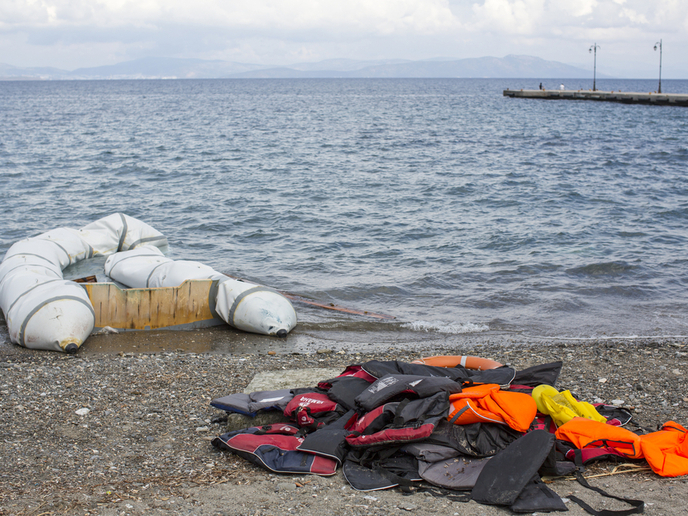An insight into young people’s democratic participation across European cities
Existing research suggests that political participation starts with influence and involvement at the local level. But what exactly do we know about this involvement, and how does it differ from one Member State to another? The PARTISPACE (Spaces and Styles of Participation. Formal, non-formal and informal possibilities of young people’s participation in European cities) project led the investigation in eight European cities, to broaden the understanding of local youth participation, identify problems and help facilitate such participation. “Our initial observation was that most formal forms of participation for youth do not have much weight and are essentially token gestures,” says Prof. Dr Andreas Walther from Goethe University Frankfurt. “Besides, a clear majority of young people are wary of public institutions, especially when they’ve had negative experiences with formal education. This results in informal public space activities showcasing young people’s aspirations to be a part of society, which should also be seen and addressed as moments of participation.” Building upon the view that current concepts and understandings of participation are too narrow, the PARTISPACE project analysed the participatory potential of young people’s activities in public spaces – whether acknowledged as a form of participation or not. Local studies in each city The team conducted qualitative local studies in each participating city. They organised expert interviews and group discussions with young people to understand how they refer to participation. Furthermore, six ethnographic case studies per city were conducted on formal, non-formal and informal settings of participation by means of observation, group discussions and biographical interviews with young people. The project identified clear differences: “Gothenburg (Sweden) particularly stands out with well-equipped and rooted participation mechanisms at district level,” Prof. Dr Walther explains. “In Frankfurt (Germany) and Manchester (UK) – prior to the terrorist attack in 2017 -, formal representation was limited to either educational campaigns or school-related issues. In both cities, youth policy appeared irresponsive to contextual changes, yet with a larger and more robust youth infrastructure in Frankfurt than in Manchester. In Zürich (Switzerland), youth policy is responsive but there is no formal youth representation. The same applies for the other cities. In Rennes (France), youth policy is organised through associations, which implies selective access. In Plovdiv (Bulgaria) and Eskisehir (Turkey), youth work and youth participation have only recently been introduced through EU integration processes. There is no reliable infrastructure yet.” The discrepancy between formal, acknowledged and informal participation that tends to be neglected and excluded, however, applies in all contexts and represents the biggest challenge for supporting youth participation. Support from adults is cool – just don’t patronise Besides investigating the state of youth participation, PARTISPACE gave young people the possibility of expressing their views in projects without academic and adult filters. These projects revealed that many young people appreciate support from adults provided that they do not claim to know better and accept young people’s own ways. Prof. Dr Walther hopes that the study provides enough arguments for policy-makers to start considering young people as co-citizens rather than ‘citizens in the making’. In the case of climate protests, recognition by other societal actors would certainly show young people that involvement and engagement can make a difference. Several cities involved in the project have initiated debates around the implementation of a local Charter of Youth Rights, which provides visibility to young people’s claims and rights and reflects how their lives differ from those of children and adults. The team hopes that this process will be taken up at European level.







